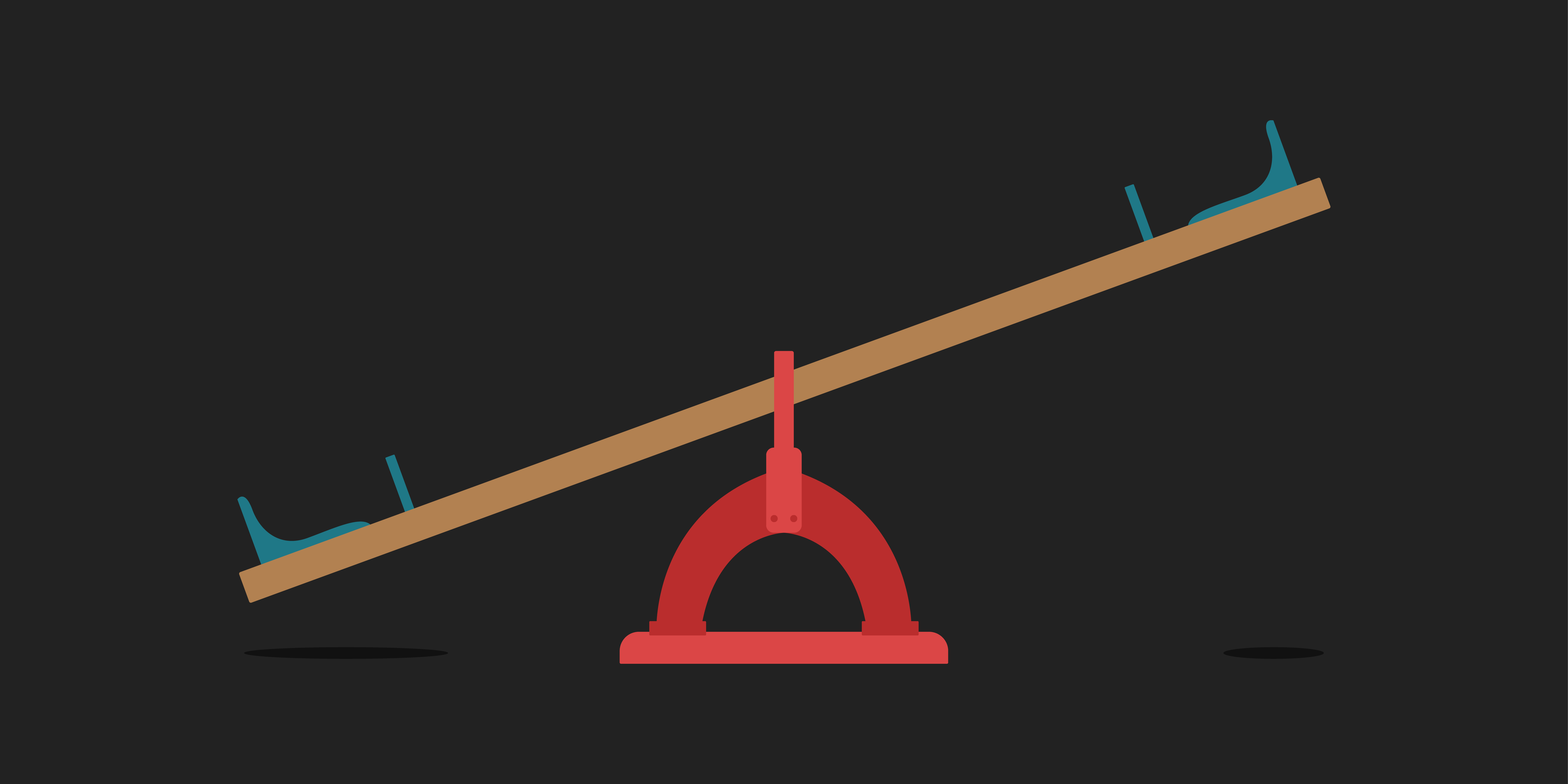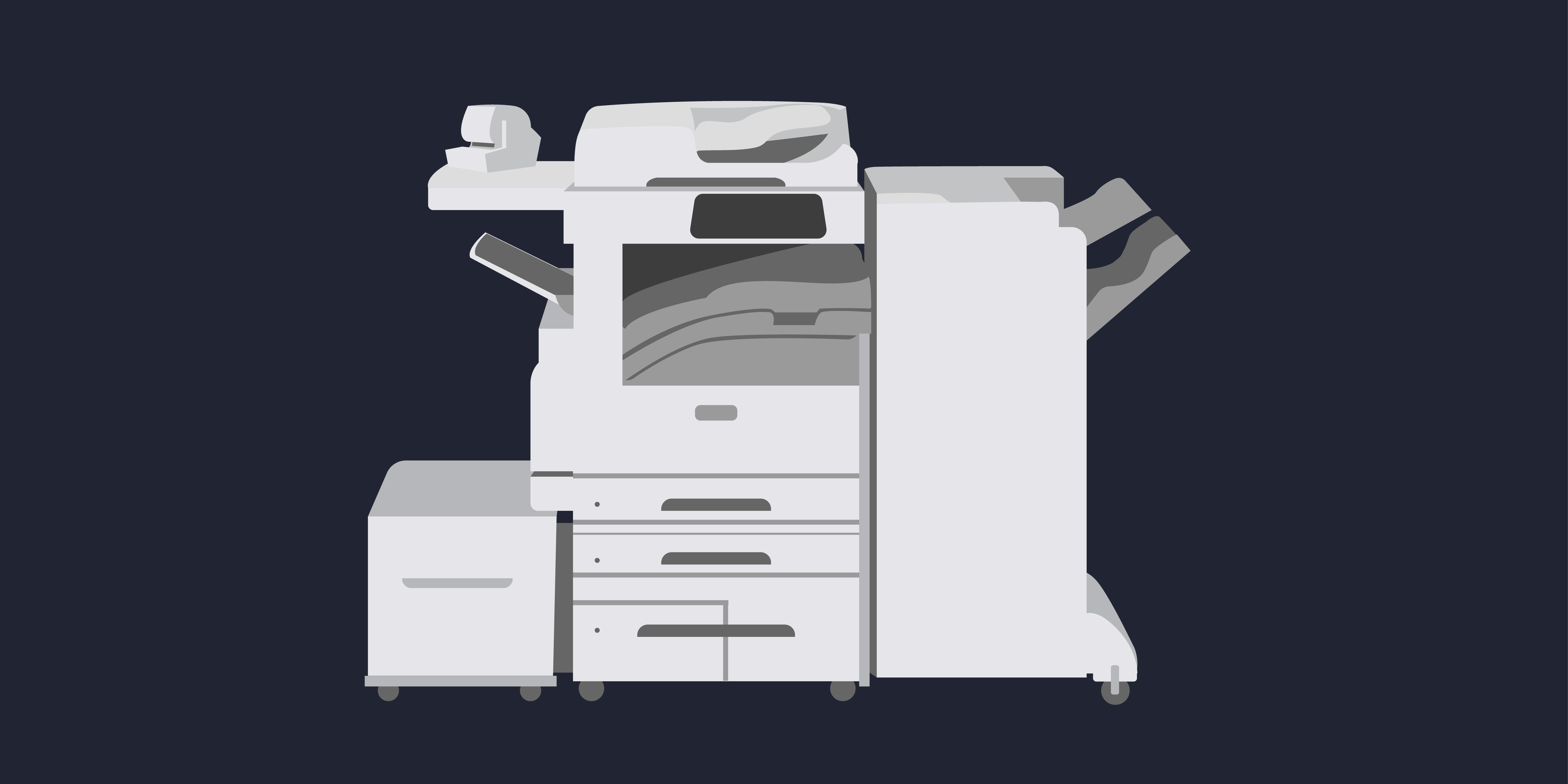It’s important for investors to get familiar with the bond market, particularly the corporate side. Corporate bonds are a lot less volatile than stocks and have a predictable yield – but they’re riskier than the government variety and can be hard to get.
Why Bother Investing in Corporate Bonds?
The average investor has some working knowledge of the stock market but this generally doesn’t hold true for the bond market. Yet a basic understanding of that market, which dwarfs the stock market, is vital to properly diversify your portfolio.
And make no mistake – diversification is essential in order to dilute the amount of risk that any successful investor must be prepared to take on.
“Anybody who has enough money that they’re not just keeping it in a balanced fund, if they start to get into having a portfolio that has equities, or equity funds, then they should have a component that’s in bonds because that gives them more stability,” said Heather Mason-Wood, a vice-president at Canso Investment Counsel.
Investors are generally more familiar with government bonds. But for greater yield in return for higher risk, they should also take a look at investing in corporate bonds.
Corporate bonds have maturities, just like their government counterparts, and can run anywhere from one year to 30 years — in some extreme cases, they can be even longer.
What’s the Attraction for the Investor?
The big attraction for investors is a higher yield than found on government bonds.
“If you’re in investment grade bonds, you’re talking maybe 0.7 per cent, 0.8 per cent above a government bond – maybe one per cent,” said Mason-Wood. Sure, there are bonds with higher yields – but they would have more risk attached.
Your Government of Canada bond is perfectly safe and you will be paid for owning it. But a company can get into financial difficulty leading to a windup of the business. In that case, bondholders could end up with the value of the issue severely depressed.
Bonds Have Prices Too
Bonds can be tricky in a rising interest rate environment. If you’ve bought long term bonds, then the longer the term, the more price impact you have if interest rates start to rise because of the inverse relationship between price and yield.
“If you are holding your bonds all the way through to maturity, then you really don’t have to worry about anything,” said Frank Hracs, a long-time bond expert who also produces demand and forecast research on Canadian mutual funds and Exchange Traded Funds under his corporate entity, Canadian Mutual Fund Analyst.
“But if you need to or plan on accessing some of those funds by liquidating some degree of your bond holdings, then you’re always at risk of getting less than what you paid.”
Prices for corporate bonds can also be negatively affected by a deteriorating economic climate since tough times impact the revenue and profit picture of companies.
“In a weak economy, spreads tend to widen out between government (and corporate) bonds and even though interest rates may be falling, and that would be good for bonds in general, sometimes that doesn’t translate into corporate bonds,” added Hracs.
“And the flip side is that when interest rates are rising, sometimes that’s good for corporate bonds because if interest rates are rising that means the economy is strong.”
How Do I Buy Corporate Bonds?
It’s certainly not as straightforward as buying stocks. It is vital to have an investment advisor who knows the bond market. Many don’t – the advisor at the bank branch down the street may only have expertise limited to mutual funds.
You need an advisor who will know about a promising new issue. But you also have to have someone working for you that can access the bonds. Oftentimes, a large financial institution will scoop up the lion’s share of a new corporate bond issue and make them available to their own clients, leaving other retail investors out of luck.
Are There Other Ways To Access Corporate Bonds?
One way to access this section of the bond market is to through an actively managed bond fund that invests in corporate bonds. Bond market professionals advise staying away from an Exchange Traded Fund (ETF) or an index fund. They also suggest sticking to a short-term fund if you’re worried about rising interest rates.
Missing The Boat?
Of course, investing in bonds at the expense of stocks means you could miss out on the benefits from the next big advance in the stock market.
On the other hand, as Mason-Wood points out, “you’re also going to miss the minus 30 per cent” on the next correction.





